Climate and Ag in the news
-
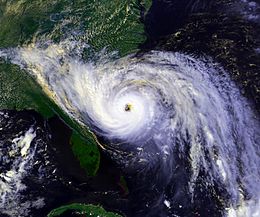
With the early formation of Hurricane Alex in mid-January and the appearance of Hurricane Otto in Central America on Thanksgiving this year, you could ask if the Atlantic hurricane season is getting longer. Fortunately, Ryan Truchelut analyzed the trends in the season and published the results in a recent Capital Weather Gang posting. While the…
-

Chris Mooney of the Washington Post discussed the latest observations of sea ice extent in the Arctic and Antarctic in a recent article which you can read here. Contrary to slowly increasing levels of sea ice in the Antarctic Ocean, this year the sea ice extent there dropped precipitously. Since ice extent in the Arctic…
-
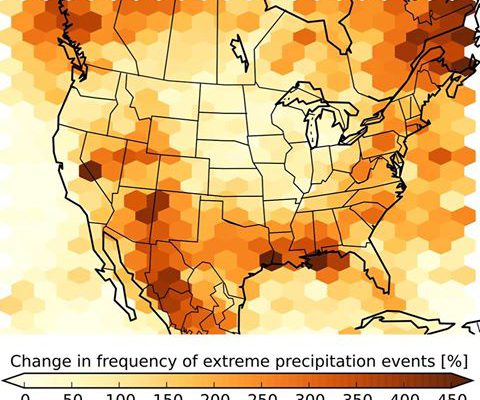
Seth Borenstein of AP reported today on a new study published in Nature Climate Change that projects at least a fivefold increase in downpours in the Gulf Coast, Atlantic Coast and Southwest. The results of the study using a high-resolution computer model which can resolve smaller scale weather like thunderstorms shows that heavy rains are likely…
-
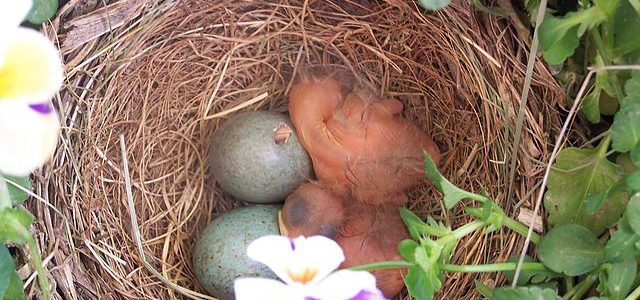
The Washington Post had an interesting opinion piece this weekend about changes in the types and number of backyard birds and how they have been affected by climate. Both the frequency of seeing different birds and the timing of when they are present have been affected. You can read it here.
Posted in: Climate and Ag in the news -
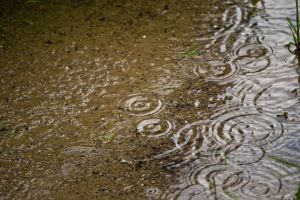
The New York Times has a list of weather apps that you might find useful over the coming months. I haven’t tried them yet, but I plan to soon. You can find the article and list here.
-
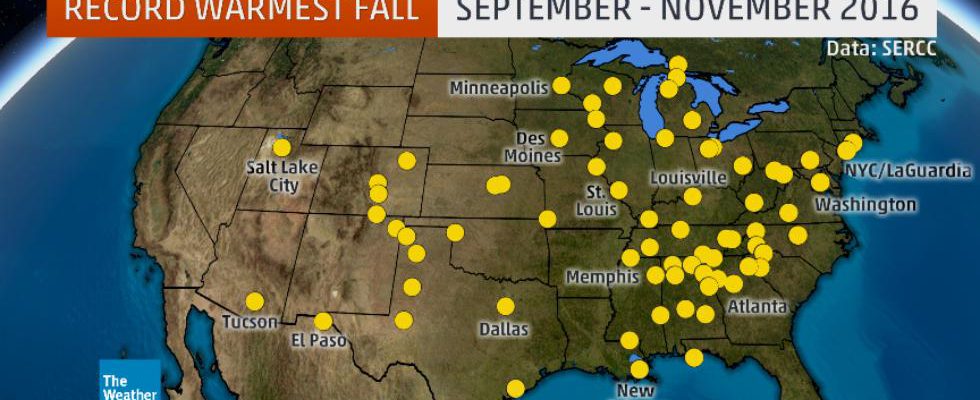
The WunderBlog posted a story yesterday describing the large number of record fall temperatures for cities across the US this year. A number of them are in the Southeast, particularly in the areas most affected by drought. You can read it here.
-

Here is a nice snapshot summary of how agriculture impacts climate and how farmers are working to improve agricultural management practices to lead the way towards an improved future from Environment Reports. This one should be viewable from a smartphone. You can view it at https://www.environmentreports.com/how-does-agriculture-change/.